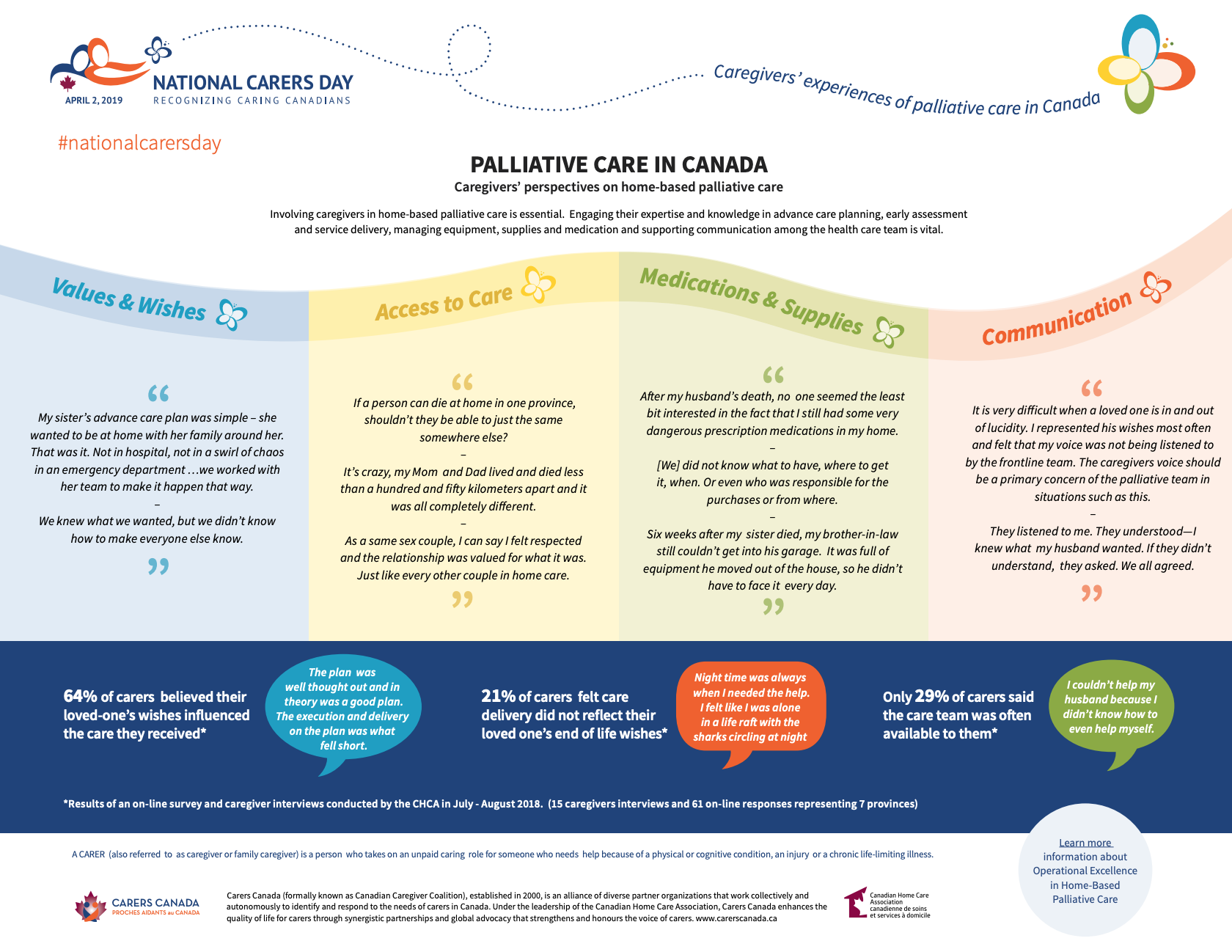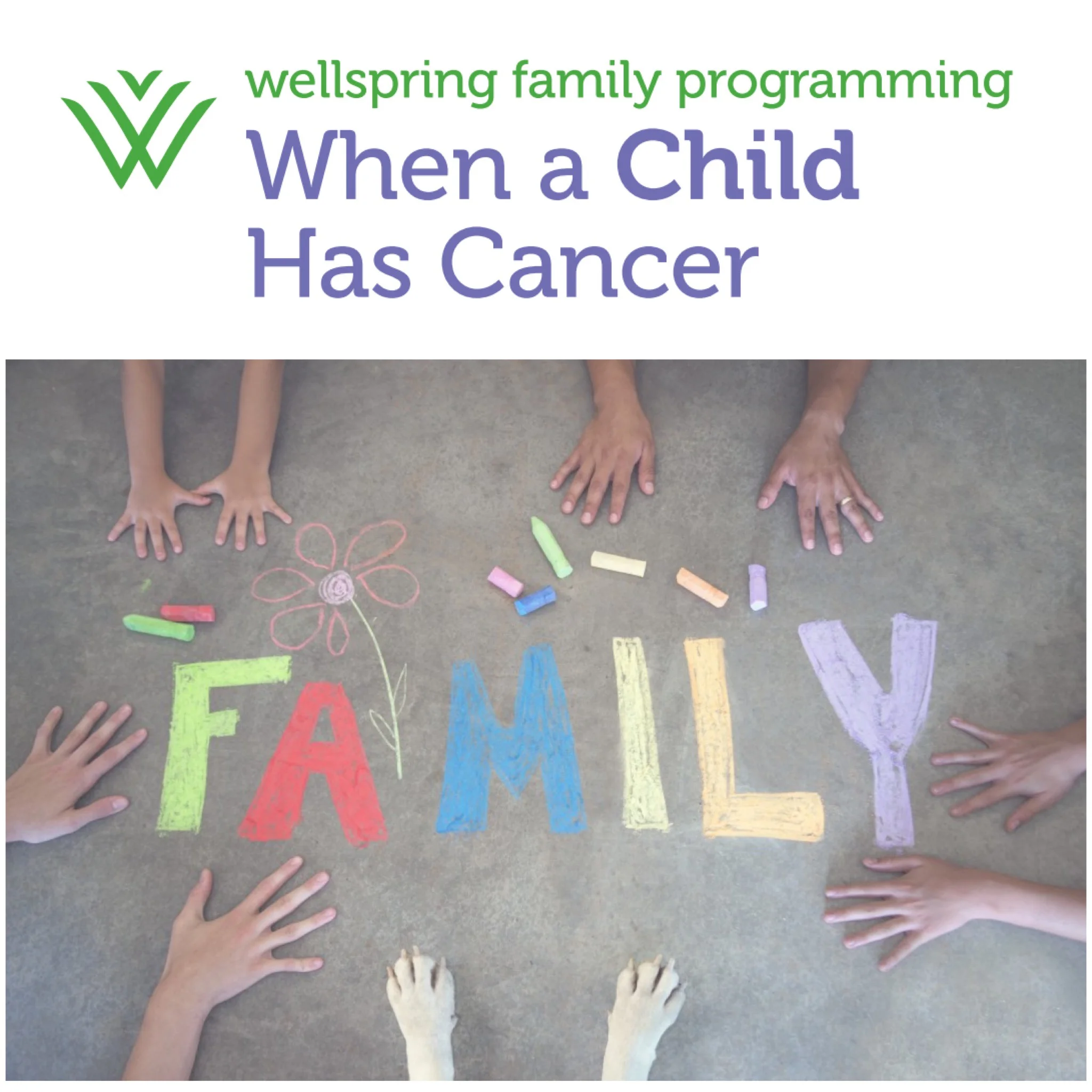Enhance your knowledge, skills, and practice in providing high-quality palliative care with these free, self-directed modules.
Pallium, in collaboration with the Canadian Medical Association (CMA), is providing access to essential education on palliative care for all health care professionals in response to this unprecedented COVID-19 pandemic. In these difficult times, it is more important than ever that all health care providers are equipped with the essential skills to provide compassionate, palliative care to patients in need.
Available modules
These modules are self-directed and completed at your own pace:
Taking Ownership
Advance Care Planning
Decision-Making
Managing Dyspnea
Palliative Sedation
Last Days and Hours
Additional Information
Pallium and CMA are making these 6 Learning Essential Approaches to Palliative Care (LEAP) modules available online for free to all health care professionals for 3 months (March 30 – June 30, 2020). These modules will help provide health care teams with an introduction to the palliative care approach focused on the important knowledge and skills required during the COVID-19 pandemic response. The modules are currently only available in English.
The Pallium Palliative Pocketbook can be found here. This best-selling book is a practical, one-stop resource with easily accessible information to help non-specialist physicians, nurses, pharmacists, and social workers provide a palliative care approach when needed.
Additional learning opportunities to help you expand your knowledge in palliative care can be found on Our Courses page, including our newly available LEAP Online course.
Have any questions? Email anytime at: info@pallium.ca
Source: Pallium Canada






















